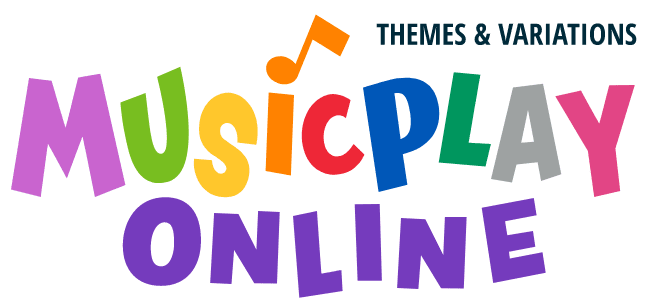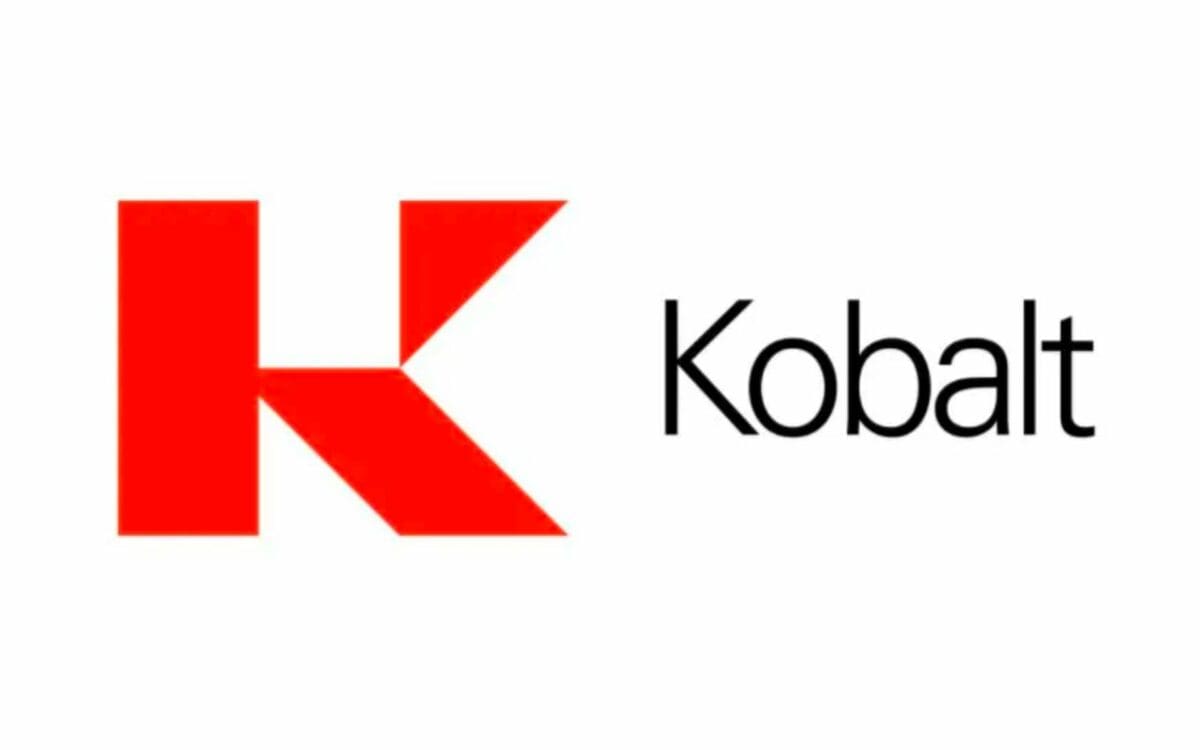So you want to learn how to start a music publishing company or become a music publisher? You’ve come to the right place. You’ll learn exactly what music publishing jobs there are, how to set up a music publishing company, income streams, the types of contracts involved and how to seize opportunities for your company. When it comes to starting publishing companies music is only half of the consideration.
Music publishing makes up a small part of the global music industry but generates some big numbers. When considering how to start your own music publishing company, you need to take into consideration the vastness of the industry.
As of 2018, the global recording industry was valued at 19.1 billion dollars (US $), amounting to just over 3 billion (US $) in publishing revenue. That’s not bad for a small corner of the industry.
By 2019, the music industry reached 21.5 billion dollars (US $) in global revenues, its fifth consecutive year of revenue growth. What does this mean for rights holders?
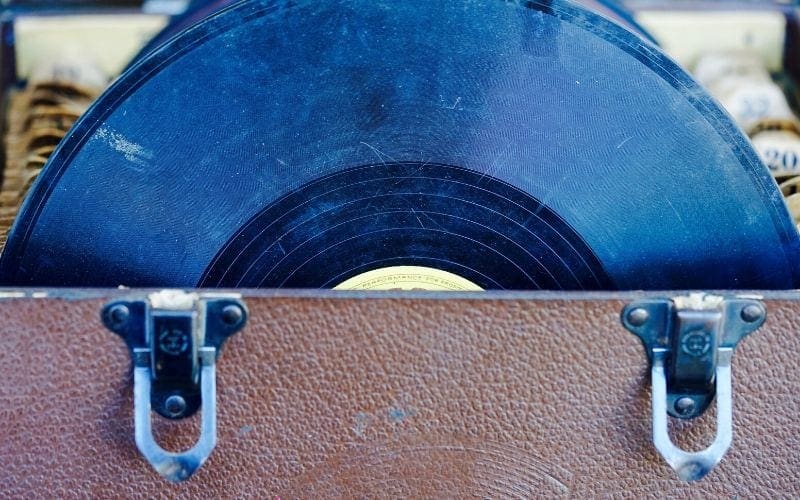
Well, on the surface level at least, it means that if you were playing with the idea of starting a music publishing company, now would be a good time to do it. And when considering how to start a publishing company music is going to be a primary consideration!
For producers, artists, songwriters and industrious music lovers, owning your own music publishing company might seem a bit ambitious but it’s really not. The idea isn’t that far-fetched and it’s actually an attainable goal. Especially if you’ve already been self-publishing music of your own.
If your background is in music, you’ll be in a good place from the get-go. You can create your own music publishing company much faster than you might think.
What Is A Publishing Company For Music? How Do Music Publishing Companies Work?
A music publishing company looks after and is responsible for the rights (music and lyrics) in musical works (songs or compositions). Music publishers administer all copyright information associated with musical works. They also exploit the works whenever possible to generate income, and collect royalties for songwriters and composers. Last but certainly not least, they protect those works against any copyright infringement.
When music publishers own any number of songs and or compositions, we refer to them collectively as a publisher’s catalogue.

How To Start A Music Publishing Company – What Do Music Publishers Do?
We can sum up a music publisher’s job in 5 words:
Acquisition – Music Publishers purchase or ‘acquire’ catalogues of music to exploit and generate income from.
Exploitation – They exploit their catalogue by pitching and licensing it to licensees such as television companies, film studios, game studios and advertising companies, or any other media company that needs music for their product/service.
Administration – They administer all rights information relating to their catalogue; handling licensing invoices, metadata input, royalty splits, infringement claims – you get the idea!
Collection – Music publishers collect performance royalties, print royalties, mechanical income royalties from the reproduction of the music and income from sync/license fees. They then distribute the monies according to terms laid out in the contracts they have with their songwriters and composers.
Protection – Music publishers are obliged to protect their catalogues and their writers’ creations from copyright infringement. Not only that actually, but any misuse of the works in general. This is referred to as a music publisher’s fiduciary duty.
Read more about what a music publishing company is and what companies there are in this review of the best music publishing companies.
Like musicians, producers, songwriters and artists, music publishers need to be a member of a collection society. As a member of a collection society, the music publisher will be able to register and amend copyright information relating to their catalogue and collect royalties accurately via the collection society. More on collection society registration later!
Types Of Music Publishing Companies

There are two types of music publishers; major publishers and independent publishers
There are only three major music publishers: Sony/ATV, Warner Chappel Music and Universal Music Publishing Group; better known by their parent companies’ names as the three major record labels (Sony, Warner Music Group & Universal Music Group). Of course, there used to be the iconic EMI Records which is now split among some of these labels!
Any other music publisher is considered an independent music publisher.
Before the invention of recorded music, music publishers were companies that published sheet music for the general public and institutions to purchase. Back then, the only way to consume music was to purchase sheet music and play it yourself. Music publishers were just like the magazine and book publishers of the time, except they published musical notation.
As technology progressed, the music publisher’s role evolved into what it is today.
(Music publishers still publish sheet music, by the way, just maybe not as frequently as before!)
Income Streams
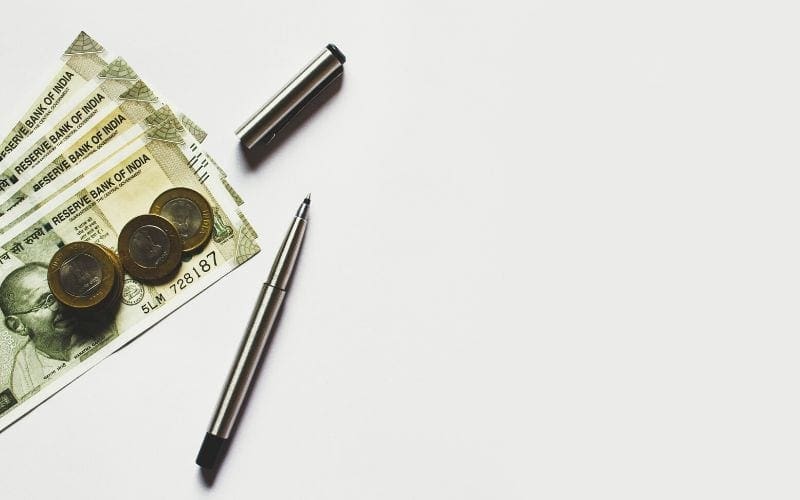
So how do music publishers actually make money, and where does their revenue come from?
There are 4 ways:
Public Performance
Music publishers collect public performance royalties when works from their catalogue are reproduced. For example, if an artist performs a song (owned by a publisher) at a festival, the music publisher will then collect royalties generated by that performance and distribute them to the original songwriters and take their share.
Synchronisation
Synchronisation means synchronising music to moving images: films, television, video games, etc. Music publishers (together with the relevant record label) negotiate a synchronisation fee. The fee can vary from 100 to 10,000 or more. More on what synchronisation is and how it works in this beginner’s guide to sync licensing!
Music publishers collect royalties when copies of their lyrics are printed somewhere and/or sheet music is sold.
Mechanical Income
Mechanical royalties are generated when a mechanical version of a publisher’s rights is reproduced. When records are sold, for example, a portion of the earnings go back to the publisher. This is because the copyrights (the music and lyrics) have been reproduced.
How To Start A Music Publishing Company: The Basics
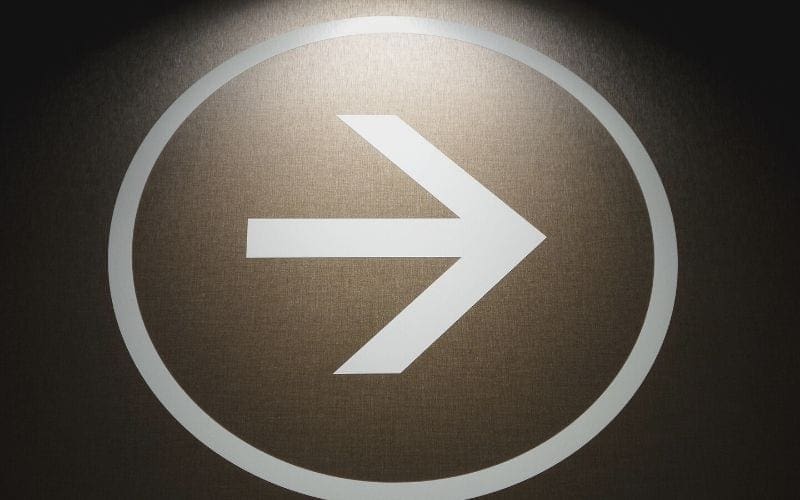
So how do you start a music publishing company?
Almost the same way you start any other company:
- Think about music publishing company name ideas – This can be any name you like, of course. Most publishing companies have the word ’publishing’ or ‘songs’ in their name.
- Put together your business plan – which includes an elevator pitch, company description, market research & analysis, competition, financial summary to offer financial protection, contingency plan etc. It’s worth researching how to put together a solid business plan. Take your time with it!
Once you’ve set up your company (on paper at least), you’ll need to become a member of a performance collection society. They’ll represent your interests as a music publisher and collect performance royalties for you. They’ll be an important part of your business going forward.
Collection Societies
To become a member of a collection society, there are usually requirements you need to meet before your collection society will accept you as a member and give your company a music publisher status.
It will most likely depend on your collection society but most ask for a one-time membership fee and ask that you already have a certain amount of songs ready to register with the society.
In the UK for example, PRS for music asks that you already have 15 works in your catalogue (with contractual proof) and pay a one-time fee of 400£.
(If you’re starting a publishing company in the UK, it’s also worth joining the Mechanical Copyright Protection Society, MCPS, as well as PRS for music and the Music Publishers Association).
Each collection society around the world will have its own way of registering new members along with different requirements to join – so make sure you do your research!
Learn about American collection societies in this guide on ASCAP, BMI and SESAC, or societies in the UK such as PRS For Music and PPL.
Artist & Repertoire

So, you’re in the process of setting up your publishing company and it’s time to start acquiring music.
Artist & Repertoire (A&R) is the process of finding and selecting fresh talent to sign and work with, long term (hopefully). Historically, A&R has always been associated with record labels but A&R has its own place in the music publishing world.
When looking for artists, songwriters and producers to sign, you’ll have to flex your musicality and business skills to make your final decisions:
Are the songs or compositions of high quality?
How many writers were involved in the writing process?
Are the productions up to scratch?
Can you imagine pitching the song(s) to music supervisors, film studios or other potential clients?
Is the artist already signed to a label?
There are many more questions you could ask yourself. However, in short, sign music that sounds great and makes business sense!
How To Start A Music Publishing Company: Contracts

When signing new artists/songwriters, you’re going to need to find an entertainment lawyer to draft the contracts. Having a contract that defines the terms of the business relationship and royalty splits is crucial.
You can’t hire any lawyer to do this job. It must be an entertainment lawyer that drafts these contracts; someone who is familiar with entertainment contracts, the entertainment industries and intellectual property law.
Examples Of Music Publishing Contracts
To get an idea of what you can expect from publishing contracts, here are some common contract types publishers use:
Single Song Assignment
A straightforward contract between writer and publisher enables a publisher to publish individual songs. The writer assigns the rights to the song for a period of time, known as the ‘term’. After this time, the publisher collects any royalties and distributes them accordingly. The rights then revert back to the writer.
Exclusive Writer Agreement
This is a writer-to-publisher agreement where both parties work with one another exclusively for a certain period of time. Everything a writer creates, the publisher has a right to exploit. This type of contract often includes advances. These types of contracts can involve a lot more risk, for both parties.
Administration Agreement
This is a publisher-to-publisher agreement or even an agreement between a publisher and a writer with a big catalogue. A publisher will offer administrative services – such as royalty collection, work registration etc, for the other. In exchange, the administrator charges a fee – usually a small percentage of the income collected.
Sub-publishing Contract
A publisher-to-publisher agreement. A publisher in the UK for example will give another publisher (sub-publisher) in the US the right to represent their catalogue in their territory (the US); collect royalties and exploit the (UK) publisher’s catalogue. The sub-publisher will receive a percentage of the income for their work.
You’ll no doubt come across these types of contracts (and others). You’re not limited to a particular type of contract, however! You can tweak, change and create contracts according to your needs.
Technology & Music Publishing

As a business owner – in a transient industry, recognising threats and opportunities is key. Technology has always had a push-pull relationship with the music industry; either being a direct threat or facilitating opportunities for it.
When the printing press was invented, music publishing became a trade. Years later, the gramophone and the radio were invented, threatening the sheet music trade and demand, but there was an opportunity to collect more performance royalties from broadcasting and early record sales.
The physical era – Vinyl, cassettes and CDs were pretty great technology for everyone in the industry.
Along comes the mp3, Napster and the internet and these technologies didn’t just threaten music publishers’ income streams but threatened the global music industry’s infrastructure and made legislators re-evaluate copyright as a whole.
Use Technology To Your Advantage
Streaming – where we are today isn’t bad. At first, publishers and the wider industry perceived streaming services as a threat. However, it turned into an opportunity to re-imagine music culture and consumption. Once rights holders figured out the streaming game at least.
In 2020, we’ve got technologies like blockchain, virtual reality (VR) and artificial intelligence (AI) to consider. Today start-ups like Blokur, Paperchain and ANote Music, for example, are using blockchain technology and providing music publishers with further business opportunities.
Last year, Warner Music Group signed an algorithm (how cool is that!?). Can publishers do something similar with A.I. start-ups? In terms of A&R, publishers could use Instrumental’s platform to discover new artists/songwriters or simply come join us at Мusic Gateway where we can work with you, set you up and get artists to come to you, the way you like it.
The point is, do your research and see new technologies as an opportunity to innovate and get ahead of the competition! You will need to create a business plan for a music publishing company – as you would with any business start-up.
So Now You Know How To Start A Music Publishing Company
So, now that you know how to become a music publisher, take your time writing up your business plan and doing your research. People who create music publishing companies don’t do it overnight – it takes thought, planning and organisation!
From there, now you know how to start your own publishing company for music, find yourself a music/entertainment lawyer, and find some great artists or songwriters to sign. Good luck and have fun with it all!







